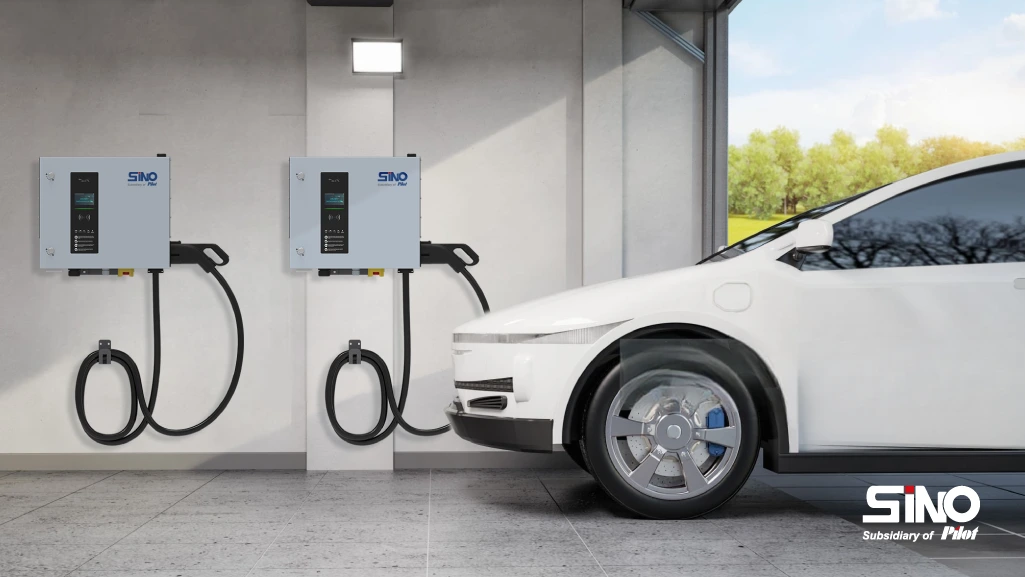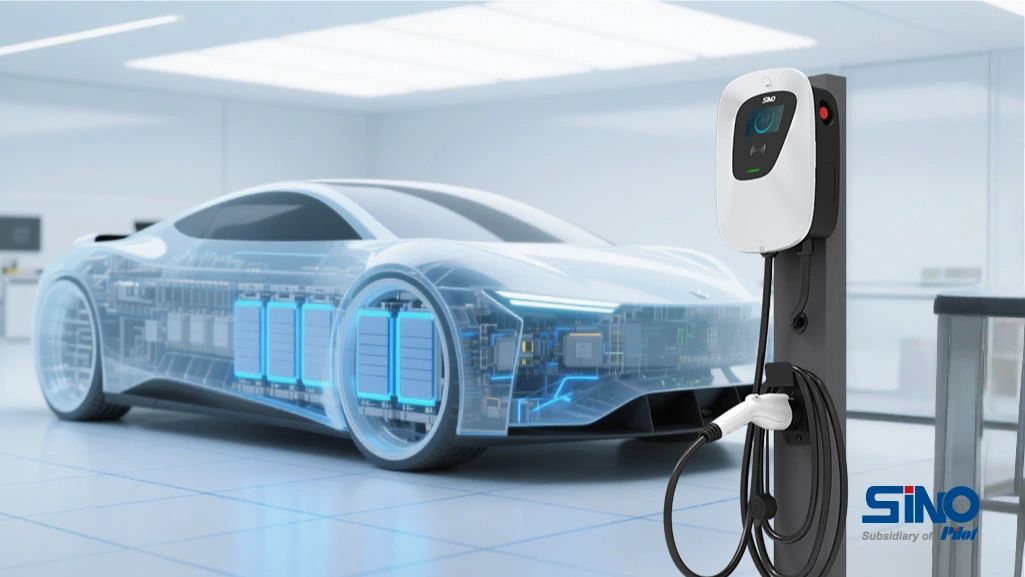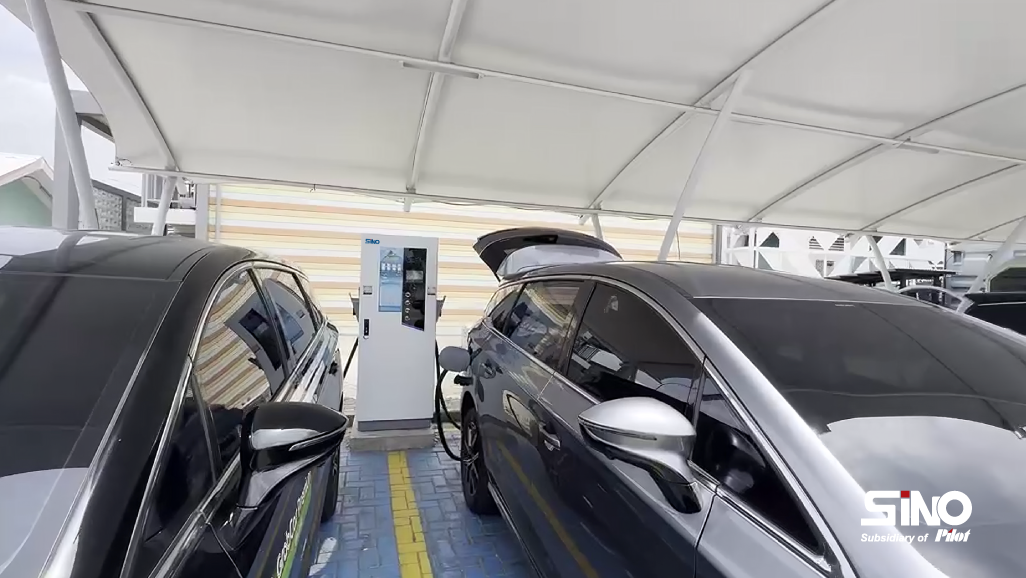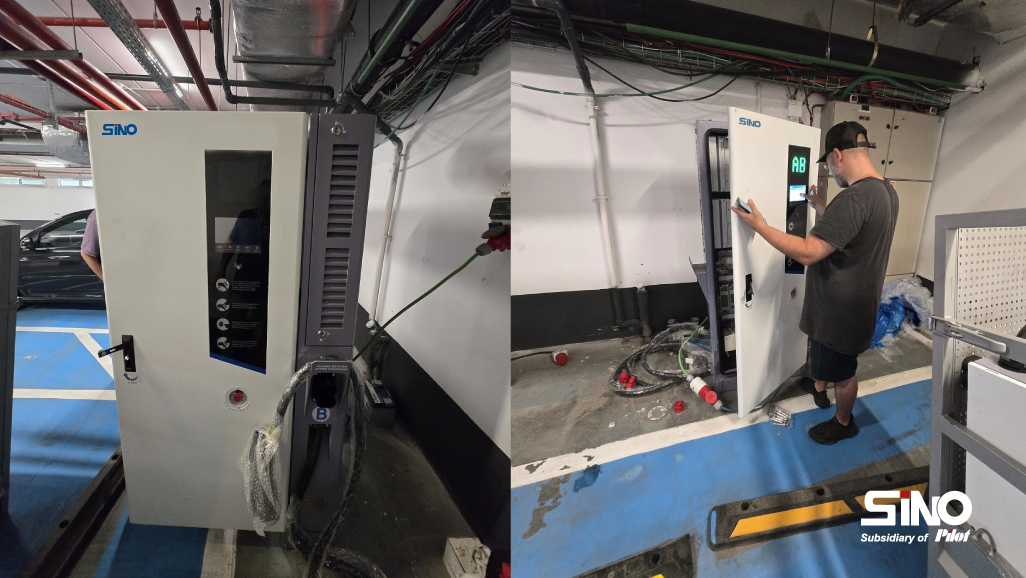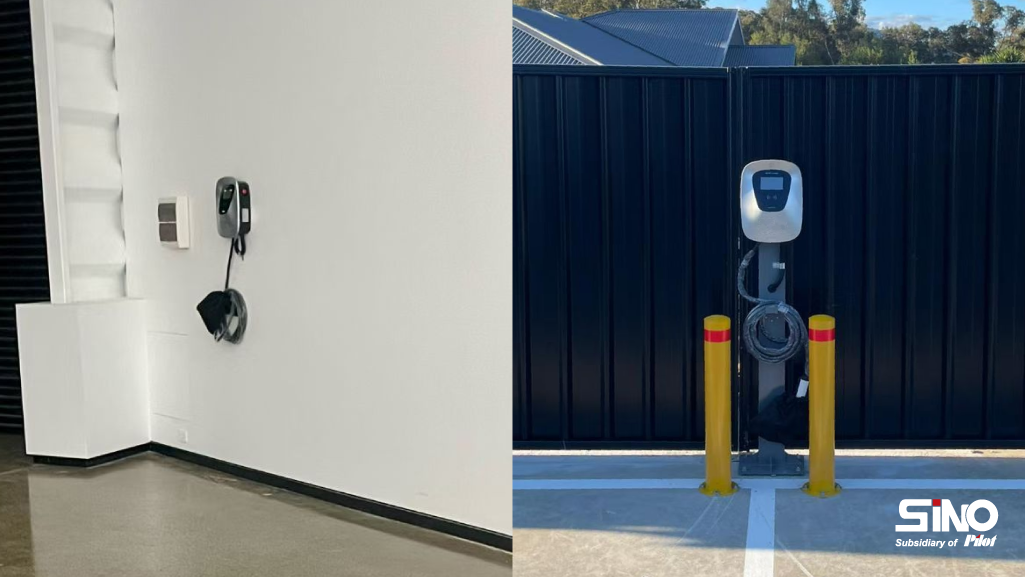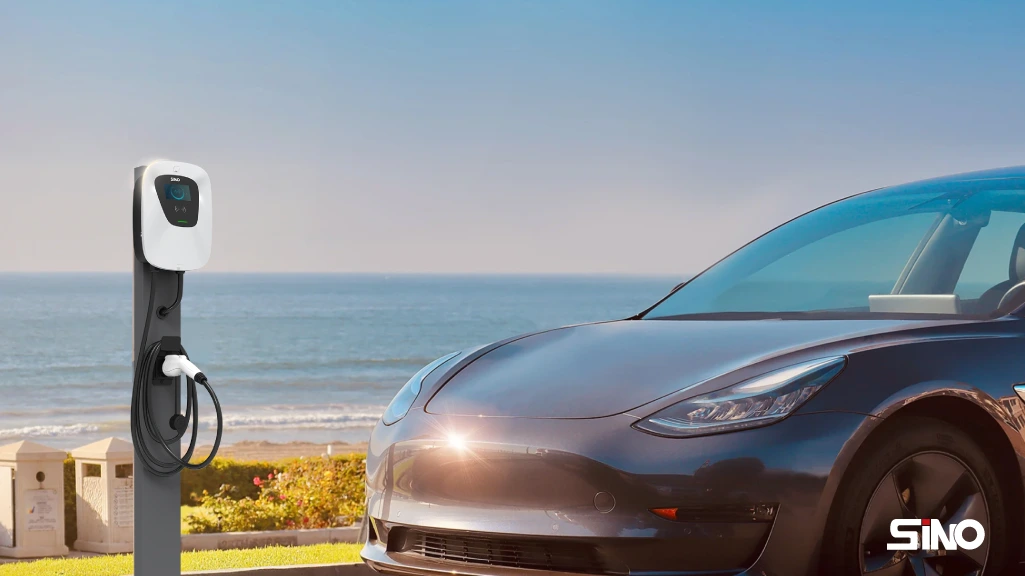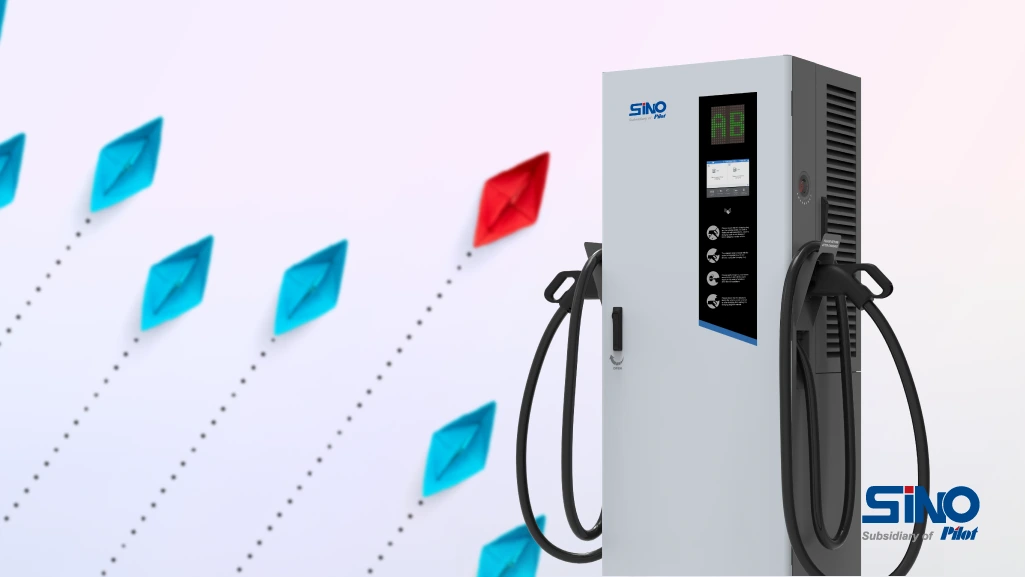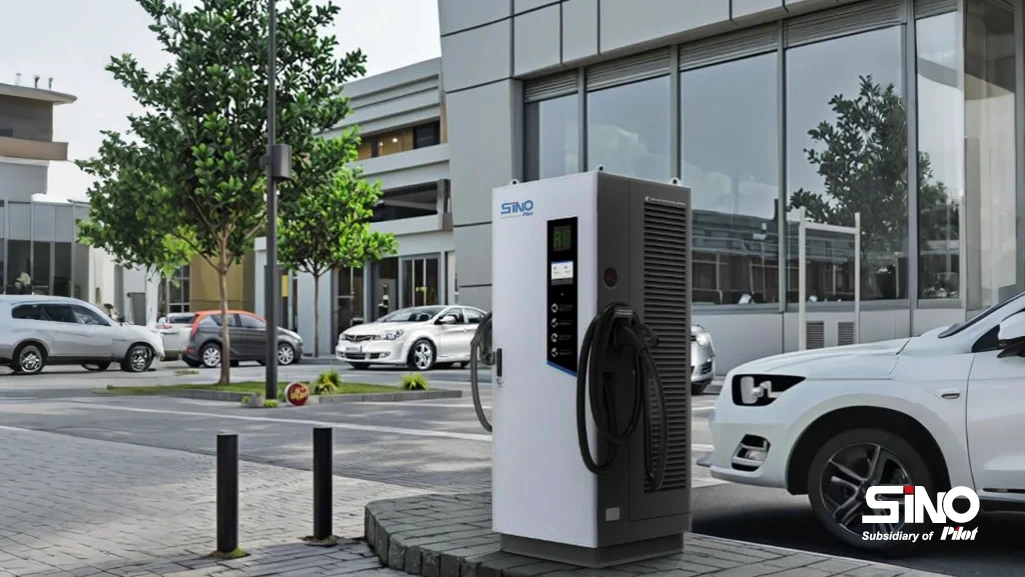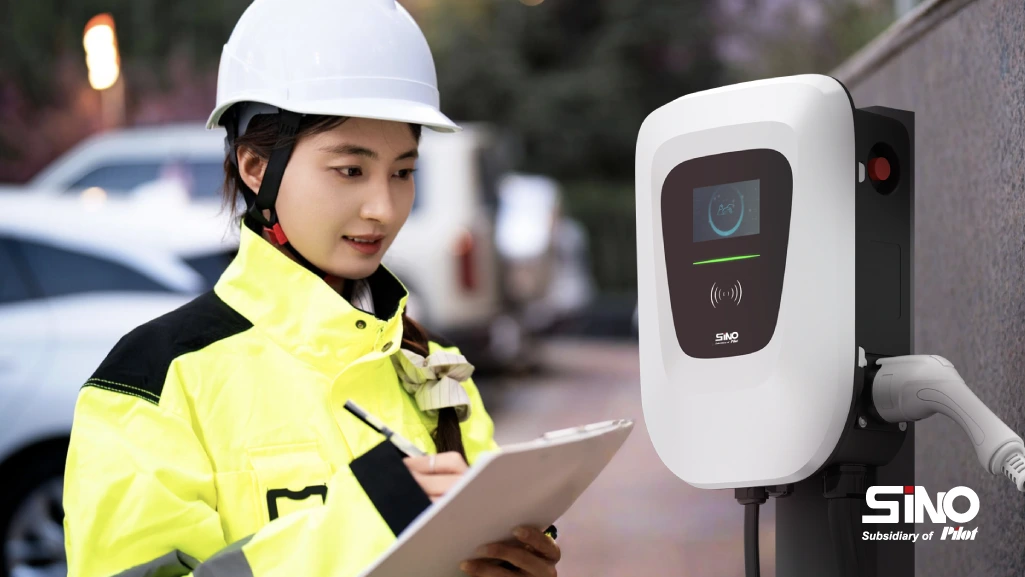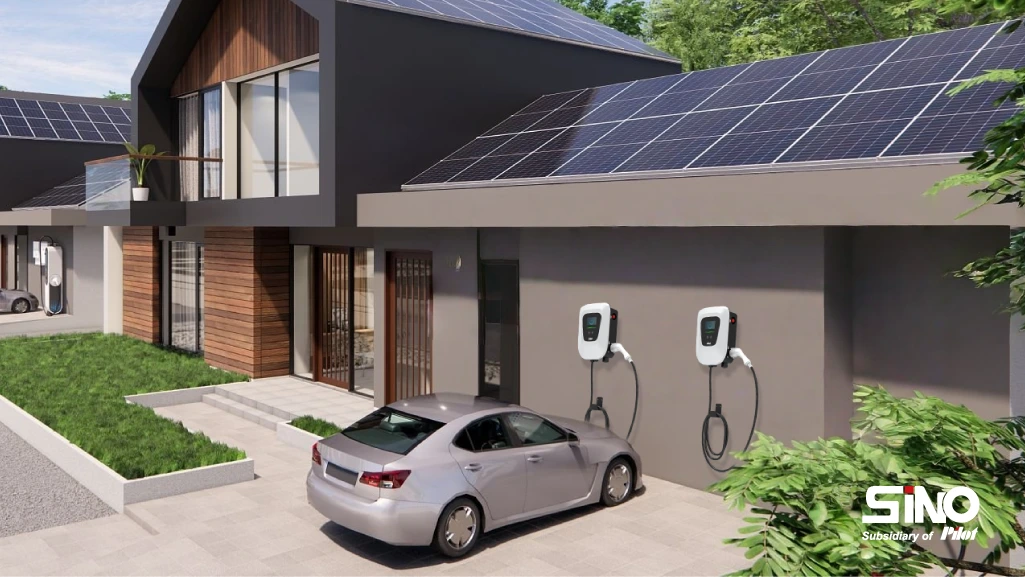With the rise of electric vehicles (EVs), more and more people are looking for reliable and convenient ways to charge their cars. Whether you’re a first-time EV owner or an experienced user, finding the right EV charger is key to ensuring a smooth charging experience. But where exactly can you buy an EV charger, and what factors should you consider when making a purchase? In this guide, we’ll explore the best places to buy EV chargers, and offer tips on how to choose the right one for your needs.
Why You Need an EV Charger
As electric vehicles become increasingly popular, owning a dedicated EV charger is essential for anyone who drives an electric car. While public charging stations are available, having a home charger provides convenience and peace of mind. You won’t have to worry about finding an available public charger or waiting in line; you can charge your car at home, often overnight, and start each day with a full battery.
A home EV charger also gives you greater control over your charging schedule and can be more affordable in the long run, especially if you take advantage of off-peak electricity rates.
Where to Buy an EV Charger
Now that you understand the importance of having your own charger, let’s explore the best places to buy EV chargers.
1. Direct from Manufacturers
One of the most straightforward ways to buy an EV charger is directly from the manufacturer. Leading EV charger brands, like Tesla, ChargePoint, and Sino Energy, offer high-quality chargers with warranties and customer support. By purchasing directly from the manufacturer, you ensure you are getting a product that is built to work seamlessly with your vehicle.
- Tesla: Known for its Superchargers, Tesla offers both home charging stations and public charging solutions.
- ChargePoint: A leader in the charging industry, ChargePoint provides home and commercial EV chargers, along with easy-to-use software to monitor your charging sessions.
- Sino Energy, a wholly-owned subsidiary of Zhuhai Pilot Technology Co., Ltd: Specializes in high-efficiency chargers for both residential and commercial use, with a focus on international markets.
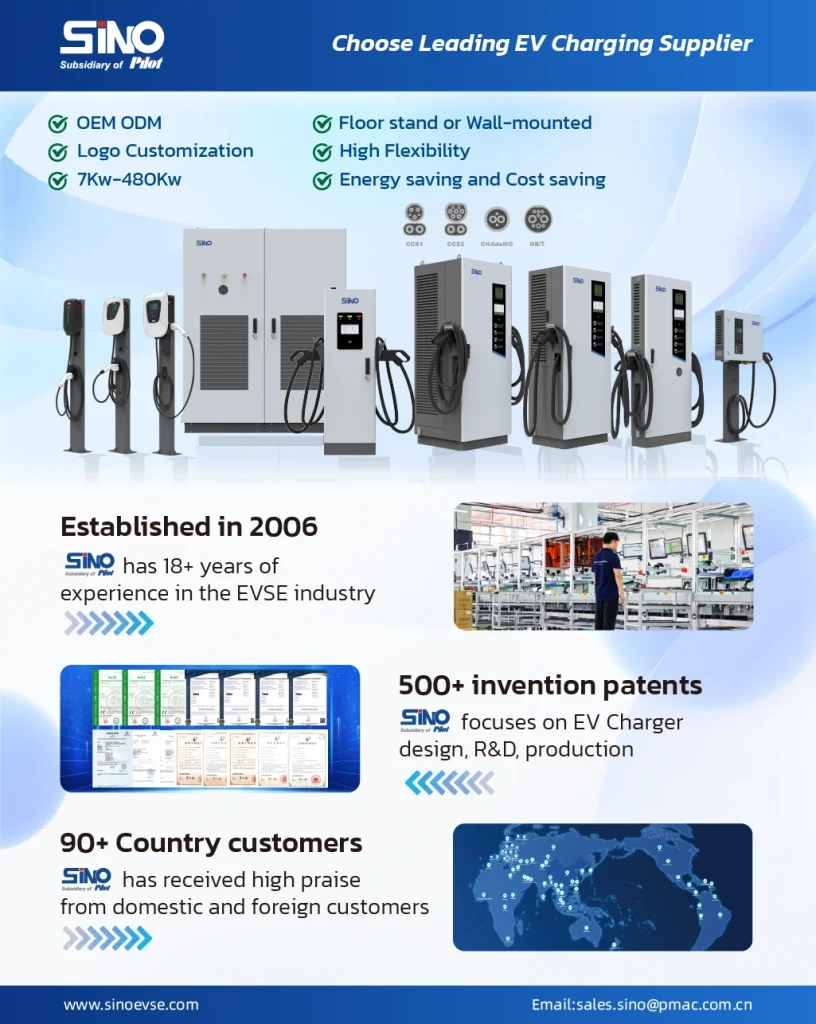
2. Online Marketplaces
If you prefer to shop from home, online marketplaces like Amazon, eBay, and Alibaba are excellent options for purchasing EV chargers. These platforms offer a wide variety of models at different price points, allowing you to compare features and prices before making a decision.
When buying from online marketplaces, be sure to:
Check customer reviews and ratings to gauge product quality.
Look for sellers that offer reliable return policies and warranties.
Ensure that the charger is compatible with your EV model.
3. Specialized Retailers
Specialized retailers like Home Depot, Best Buy, and Walmart carry a selection of EV chargers for home use. These stores often provide helpful in-store advice, and you can easily pick up your charger along with any accessories you might need.
- Home Depot: Offers a range of EV chargers for home installation, with options for both level 1 and level 2 chargers.
- Best Buy: Provides popular EV charger brands and installation services.
- Walmart: A budget-friendly option with a range of EV chargers that can be ordered online or picked up in-store.
4. Local Electricians or Installation Services
Many local electricians and installation services can help you both purchase and install your EV charger. If you need advice on the best charger for your home or require professional installation, this can be a great option. Some companies also offer ongoing maintenance and support for your charger.
Check for electricians who are certified to install EV chargers and inquire about any discounts or packages they may offer.
5. Automobile Dealerships
Automobile dealerships, especially those selling electric vehicles like Tesla, Chevrolet, Nissan, and BMW, may also offer EV chargers for sale. This is a good option if you’re buying a car and want to purchase the charger that’s specifically recommended for that vehicle model.
Many dealerships also offer installation services, making it convenient to get everything set up at once.
Factors to Consider When Buying an EV Charger
When purchasing an EV charger, there are several factors to consider to ensure you choose the right one for your needs.
1. Charging Speed
The speed at which an EV charger can charge your vehicle is crucial. There are three levels of charging:
- Level 1: Uses a standard 120V outlet and is the slowest charging option. Best for users with light daily driving distances.
- Level 2: Requires a 240V outlet and offers faster charging speeds, ideal for daily use at home.
- DC Fast Charging: The quickest option, but typically found in public charging stations and not for home use.
2. Power Rating
The power rating of the charger determines how quickly it can charge your vehicle. Most home chargers offer between 3.7 kW and 22 kW of power, with higher ratings offering faster charging speeds.
3. Compatibility
Before purchasing, make sure the charger is compatible with your specific electric vehicle. While most EVs use the standard J1772 connector, some brands (like Tesla) may require an adapter or proprietary connector.
4. Installation Requirements
Check the installation requirements for the charger you are considering. Some chargers may require professional installation, especially if you’re upgrading to a higher power rating. Be sure to factor in installation costs when budgeting for your charger.
5. Price and Warranty
Prices for EV chargers can range from $300 to over $1,000, depending on the features and power rating. Look for a charger with a warranty to protect your investment. Most reputable manufacturers offer warranties of 3 to 5 years.
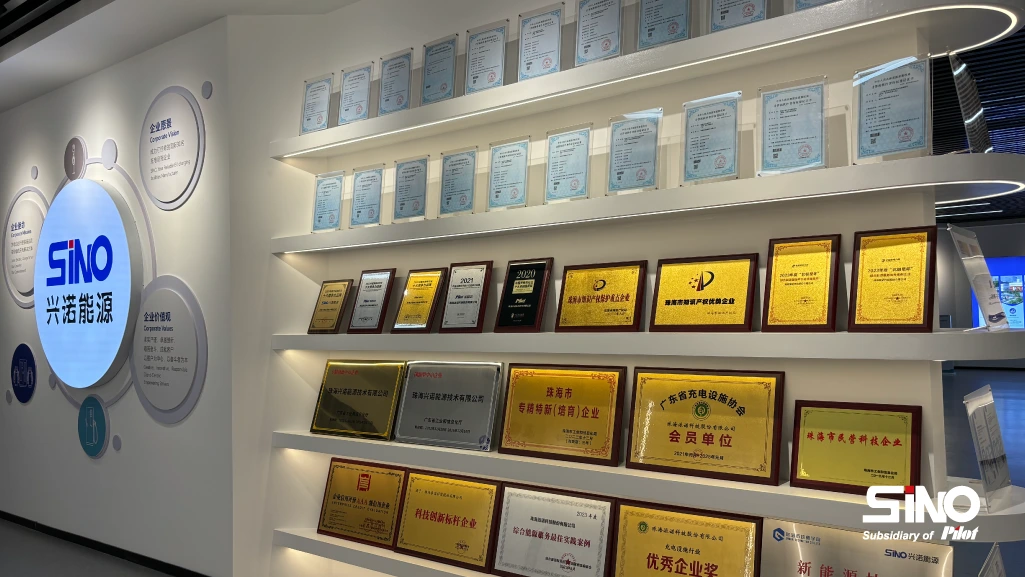
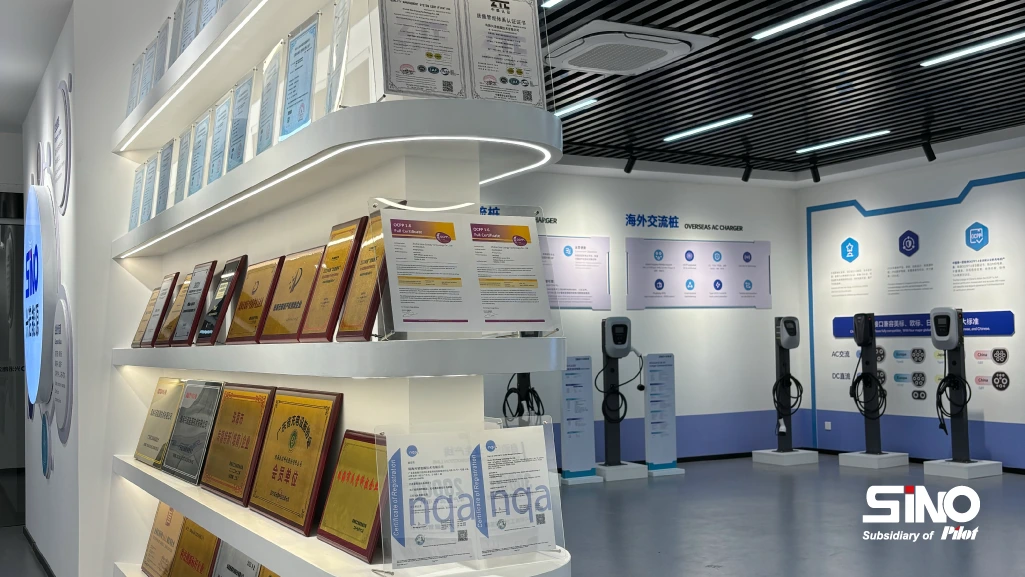
Cost of EV Chargers
The cost of EV chargers varies depending on the type and features. Basic Level 1 chargers typically cost between $300 and $600, while Level 2 chargers can range from $500 to $1,200 or more. Some high-power chargers or those with advanced features (e.g., Wi-Fi connectivity, smart charging) may be more expensive.
Be sure to compare prices across different retailers and factor in installation costs if needed.
DIY vs Professional Installation
When installing an EV charger at home, you may have the option of doing it yourself (DIY) or hiring a professional. DIY installation can save you money, but it requires knowledge of electrical systems. If you’re unsure, it’s best to hire a professional installer to ensure safety and compliance with local regulations.
Professional installation typically costs between $500 and $1,000, depending on the complexity of the installation.
Conclusion
Buying an EV charger involves more than just selecting the cheapest option. You’ll need to consider factors like charging speed, power rating, compatibility with your vehicle, installation requirements, and price. Whether you purchase from an online marketplace, a specialized retailer, or directly from the manufacturer, be sure to do your research and choose a charger that suits your needs.
Ready to purchase your EV charger? Explore our range of high-quality EV chargers at Zhuhai Sino Energy and enjoy fast, reliable charging at home. If you need help choosing the right charger, contact us today for expert advice and installation options.
Our Social
Facebook: www.facebook.com/sinoevc
Instagram: www.instagram.com/sinoevc
Linkedin: www.linkedin.com/company/sinoevse
Youtube: www.youtube.com/@sinoevc
Twitter: www.twitter.com/sinoevc

“Charging for A Better Life”
—Zhuhai Sino Energy Technology Co.,Ltd.



